Recovering from Dengue? Here’s Your Ultimate Healing Guide!
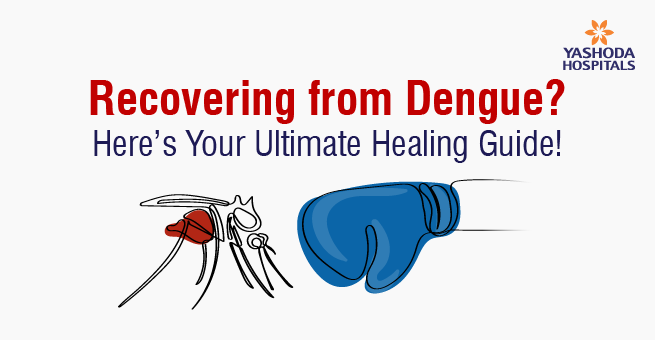
Recovering from dengue fever can be challenging, as the illness often leaves individuals feeling weak and drained. While the immediate threat may have passed, the road to full recovery requires patience and care. Hence, it is imperative to understand essential tips and practical advice from nutrition and hydration to physical activity and rest to help you regain your strength, boost your immunity, and restore your overall well-being after dengue.
Overview
Dengue is a viral infection transmitted by mosquitoes, primarily affecting tropical and subtropical regions. Common symptoms include high fever, severe headaches, body aches, nausea, and skin rashes. However, most patients recover usually within 1-2 weeks, and even major cases may be fatal. Risk reduction reduces the bites of mosquitoes, especially during the day. There is no specific treatment for dengue, but it will be treated according to symptoms and the patient’s condition.
Cases of dengue have been increasing around the world, with an estimated number of 5.2 million in 2019. The highest numbers recorded were in 2023, which accounted for more than 80 countries. Contributing factors to the spread of dengue include changing distribution of vectors, El Niño episodes, climate change, fragile health systems, and political instabilities. Dengue is endemic in more than 100 countries, and Asia accounts for 70% of the world’s burden of disease. In fact, the virus transmits through mosquito bites, and the incubation period depends on the temperature and the virus genotype.
Recovering from dengue fever is not only an issue of dealing with its acute symptoms but also entails a systematic convalescence of lost energy and resources after overcoming the viral attack. Rest, diet, proper treatment, and medical reviews are very essential during this process. It is also possible to complete the rehabilitation phase after the rezones of the borders through listening to the body and refraining from any aggressive work.
Post Dengue Symptoms
Most people recover within a week, yet some are reporting symptoms long after the most common symptoms of dengue fever have disappeared. These post-dengue symptoms vary greatly and may differ greatly from one individual to another and can last for weeks or even months. Some of the common post-dengue fever symptoms include:
- Severe fatigue: The feeling of drained after rest
- Muscular and articular pain: Ache in the muscles and joints, often described as bone pain.
- Weakness: Weakness to do anything; cannot make any efforts.
- Headaches: A persistent, severe headache can be throbbing at times.
- Rash: Some type of skin eruption that can be recurrent or persists beyond the onset of the fever and localized pain.
- Eye pain: Pain or discomfort in the eyes.
- Loss of appetite: Reduced interest in food; can’t or does not eat.
- Psychological symptoms: Experiences an anxious mood, depression, or difficulty concentrating
Dengue Fever Complications
Although most cases of dengue fever are uncomplicated and resolve quickly, there are some individuals in whom the disease may take a more serious turn. Such complications can be quite serious and, as such, need urgent care. The following are the most common complications that follow dengue fever:
Dengue Hemorrhagic Fever (DHF): A more dangerous illness associated with dengue, which occurs due to the excessive response of the body’s immune system. There are chances of which can present low blood pressure, typhoid, and organ failure.
Dengue Shock Syndrome (DSS): This is yet another complication of DHF in which severe hemorrhage with its attendant circulation failure occurs and is of extreme danger to health-related problems.
Dengue Fatigue Syndrome: Another typical state developing in some patients after leaving dengue fever is post-dengue syndrome or post-dengue fatigue syndrome. Persistent fatigue and weakness may impair significantly the daily activities of these patients. Other symptoms can be muscle and joint pain, difficulty concentrating, or even mood changes. Post-dengue fatigue syndrome treatment includes self-care measures such as rest, a healthy diet, hydration, and management of stress.
Liver Failure: The dengue pathogen has been associated with acute self-limiting hepatitis in some individuals.
Nephropathy: In some severe cases of dengue, the infection can also involve the kidneys, leading to renal failure.
Guillain-Barré Syndrome: A syndrome characterized by the sudden onset of muscle weakness that can affect the legs and muscles of breathing, causing temporary paralysis.
Myocarditis: An inflammation of the heart muscle itself.
Post Dengue Recovery
Post dengue care:
- Make sleep a priority: Aim for 8-10 hours of quality sleep every night to give the body the needed rest and recovery.
- Don’t engage in strenuous physical activity: Increase the physical activities and do more exercises as to get stronger, but do not engage in physical activities that may cause one to strain themselves.
- Mosquito control: Do what is necessary to prevent mosquito bites by applying mosquito repellent, wearing long sleeves and trousers, and sleeping in mosquito nets.
- Environmental protection: Help and become involved in activities that seek to minimize mosquito bastions within your surroundings.
- Manage stress: Engage in stress management activities like meditation, deep breathing, or yoga in order to enhance judgment.
- Start slowly: Engage in first low-impact exercises or activities such as walking or swimming.
- Pay attention to discomfort: Control the tendency to overexert and pay attention to the sufficiency and demand of the workout, gradually increasing the intensity and duration of workouts.
- Coping with fatigue: However, keep also in mind that one should expect some level of fatigue in the process of getting over post-dengue and that one might need to take rests whenever necessary.
- Seek advice from health specialists: Prior to commencing a new physical activity program, see a physician to make sure that the program is not opposed to the health status.
Post dengue recovery food:
- Maintain proper hydration levels: To allow the body to recover and rest, it is necessary to drink a good amount of water and other fluids.
- Take the proper diet: Include the different types of food that are rich in nutrients, that is, vegetables, fruits, lean protein meats, and other non-processed grain foods.
- Think about medication: For instance, ask for health specialist services if there are any drugs such as vitamin C or zinc to help boost the immune system.
- Vitamin-rich diet: Eating vitamin-rich fruits with dark green vegetables, such as papaya, bananas, and others that are high in vitamin C, helps balance the nutrients for better immune, blood pressure, and digestive systems.
- Avoid fried foods: Keep away the irritant foods, such as very spicy and fried foods and milk products, as they can cause irritation of the GIT and discomfort and are laden with bad fats.
When to Seek Help From the Doctor
If a dengue patient experiences any of the following symptoms, immediate medical attention or hospitalization is necessary:
- Severe abdominal pain
- Vomiting
- Bleeding gums or nose
- Black, tarry stools
- Shortness of breath
- Altered mental state and confusion
Early diagnosis and treatment are the keys to post-dengue complications management.
Conclusion
Recovery from dengue fever is hard, but it is quite possible to regain strength and vitality with proper care and patience. Rest, proper nutrition, and emotional well-being are essential for supporting the body’s recovery and preventing complications.If concerns exist or persistent symptoms of any kind occur, call or consult a healthcare professional for proper consultation.
More comprehensive care is available at Yashoda Hospitals, Hyderabad, during post-dengue recovery. The experienced medical team can provide individualized treatment plans with medication, therapy, and nutritional advice to help regain strength and wellbeing after recovery from dengue fever.
Have any questions or concerns about your health? We’re here to help! Call us at +918929967127 for expert advice and support.

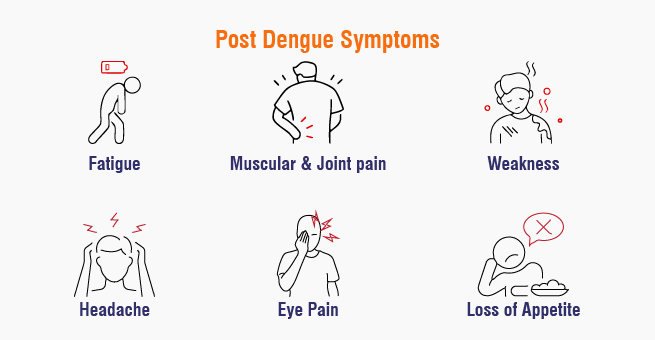
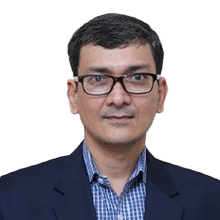

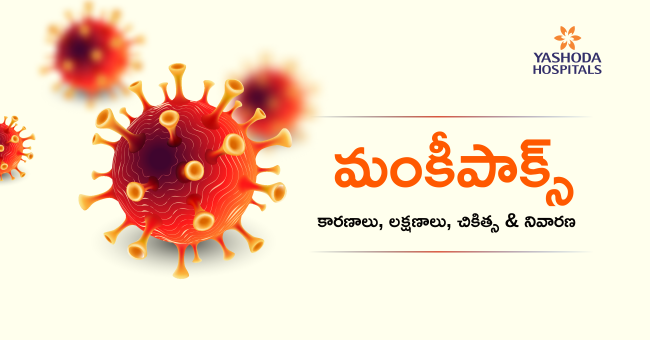
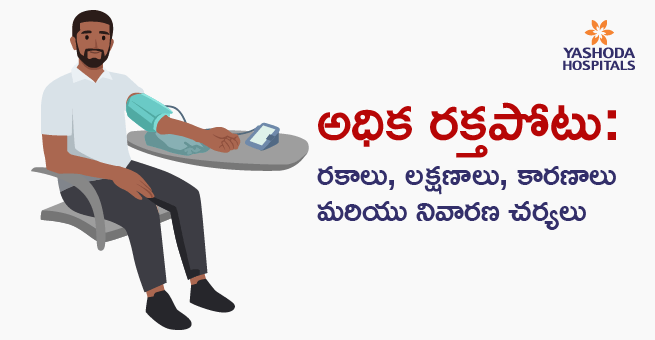
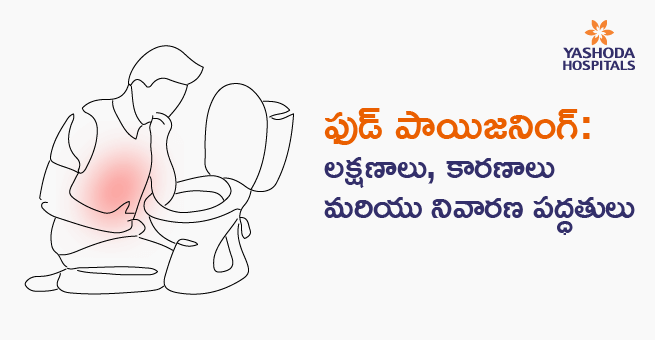
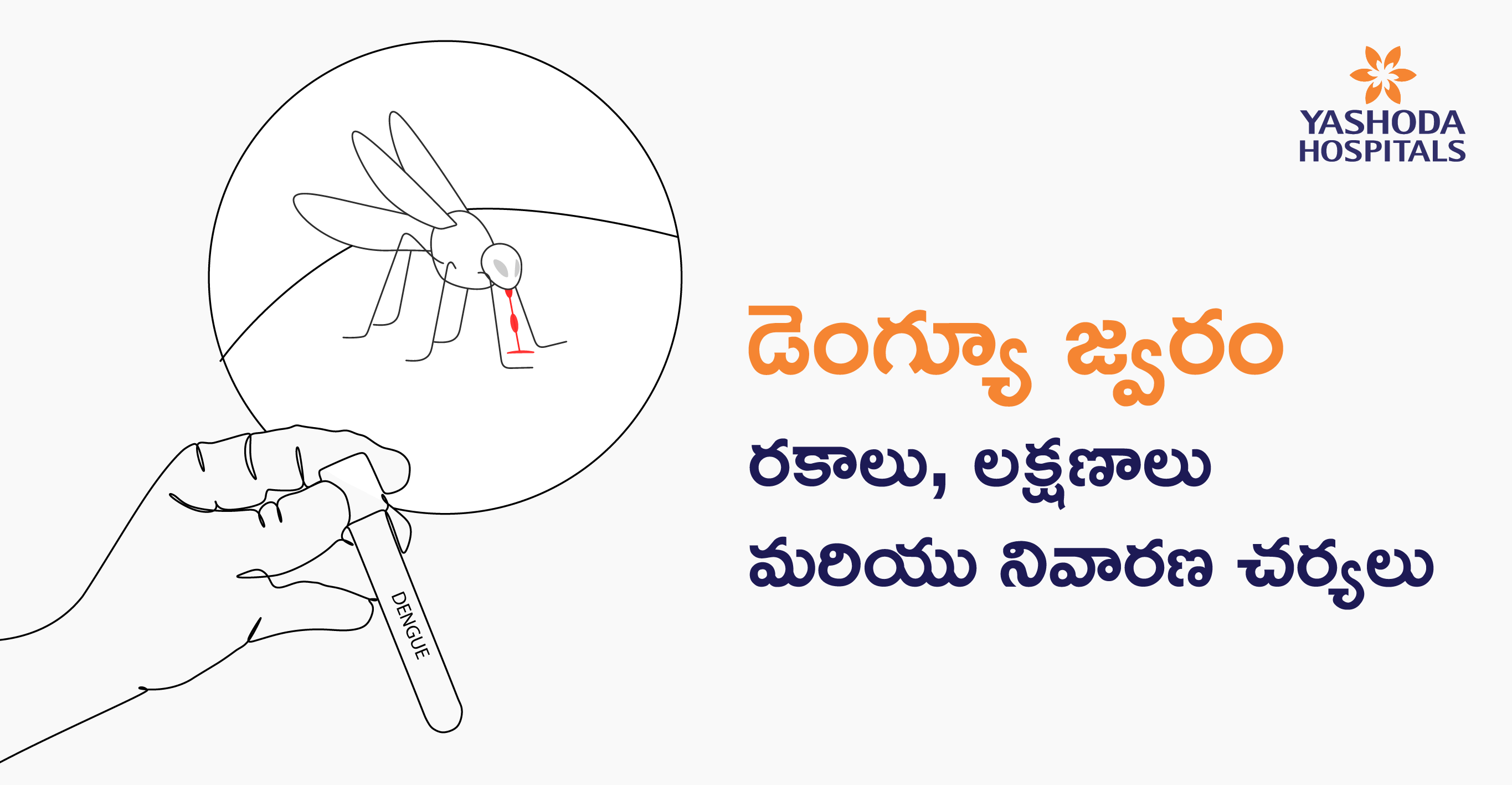
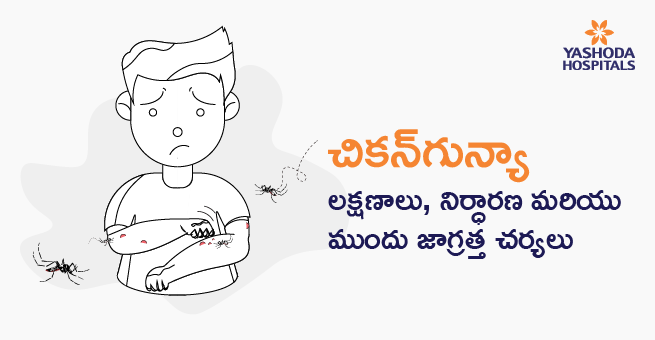
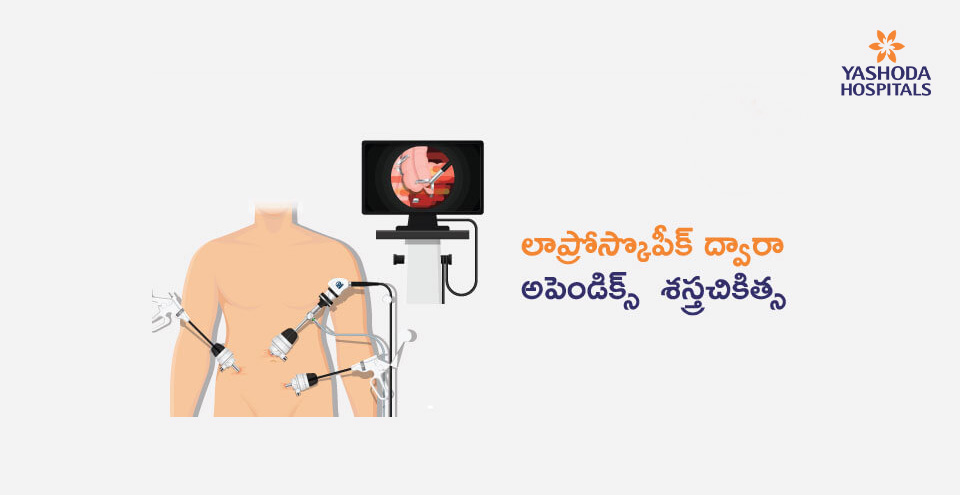
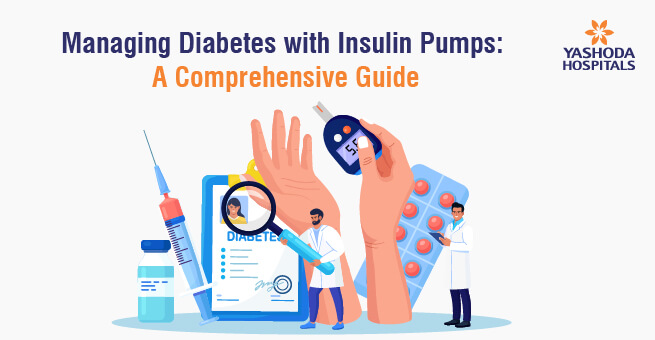
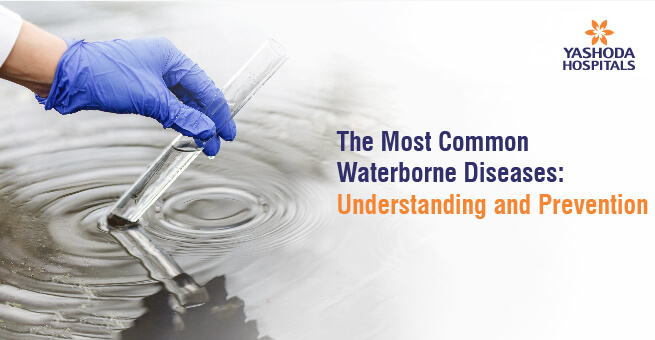

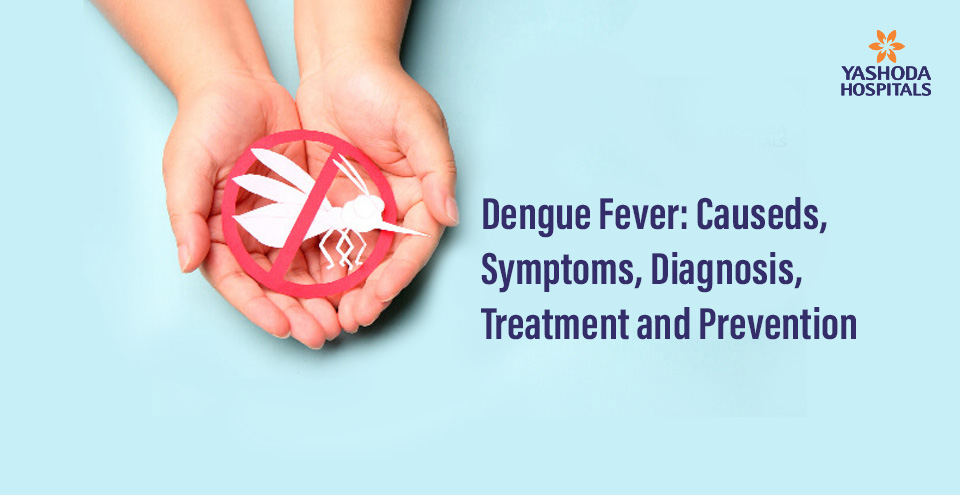
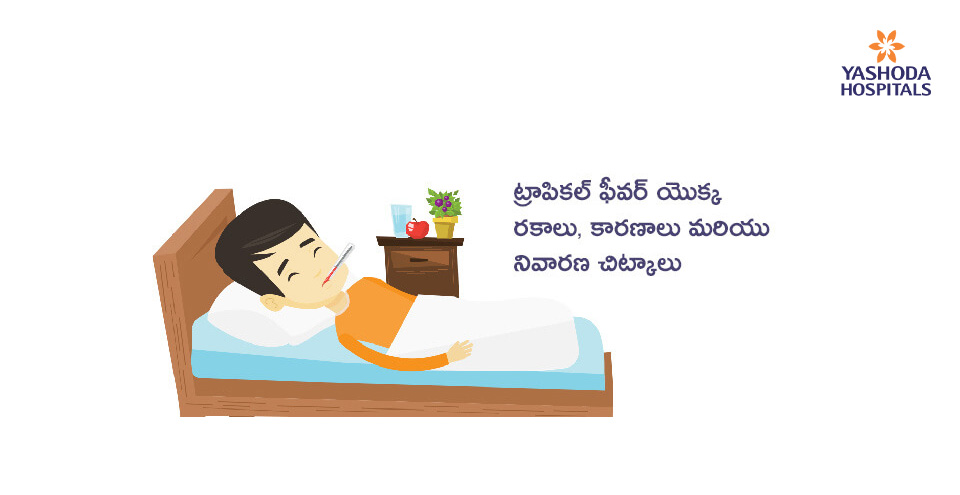





 Appointment
Appointment WhatsApp
WhatsApp Call
Call More
More

